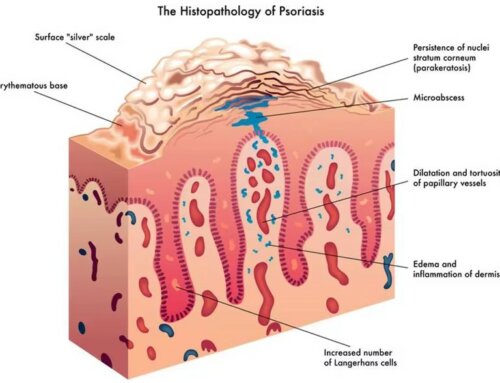Because glucose is the main energy source for your muscles, nerves and blood vessels, healthy blood sugar levels will help maintain healthy biological functions.
The longer you have diabetes and the less control you have over your blood glucose, the higher the risk of complications. Sexual dysfunction is a complication that results from damage to the blood vessels and nerves that supply the sexual organs.
Lifestyle modifications may be necessary to optimize sexual health. These would include healthy diet and exercise, blood pressure and cholesterol control, smoking cessation, limiting alcohol consumption, and finally stress management.
Sexual dysfunction refers to the interference with sexual performance. Diabetes can affect sexual function in men and women. In men, it can cause erectile dysfunction (ED), ejaculatory abnormalities and hypogonadism (low testosterone levels). In women, it can cause vaginal dryness, yeast infections, pain and lack of desire.
ED is the inability to obtain or maintain an erection sufficient to achieve vaginal penetration. In order to better understand ED, it is helpful to understand the mechanism by which an erection occurs. With some form of stimulation, the brain sends messages via the spinal cord and autonomic nerves to the local nerves and blood vessels of the penis. This occurs in environment of normal male hormone (testosterone) in the blood. As a result of this, blood flows into the spongy tissue of the penis causing engorgement and a resultant erection. This increase in blood flow is mediated by a naturally occurring chemical called nitric oxide. When intercourse is completed, vascular channels that have temporarily been closed during erection are opened and blood flows out, thus causing the penis to slowly return to a flaccid state.
As you can now imagine, the blood vessel and nerve damage caused by diabetes can limit the signals and the amount of blood flow with resultant ED. In addition, resultant hypogonadism can result in lessening of sexual desire.
Your doctor (internist, urologist or gynecologist) should be able to diagnose the type of dysfunction you have by careful history, physical exam and laboratory tests. Laboratory tests may include testosterone levels, PSA, ultrasounds, nerve sensory tests and nocturnal penile tumescence (NPT) for males. The recommended tests for females include pelvic exam, hormone levels, culture of vaginal discharge and laparoscopy.






Leave A Comment